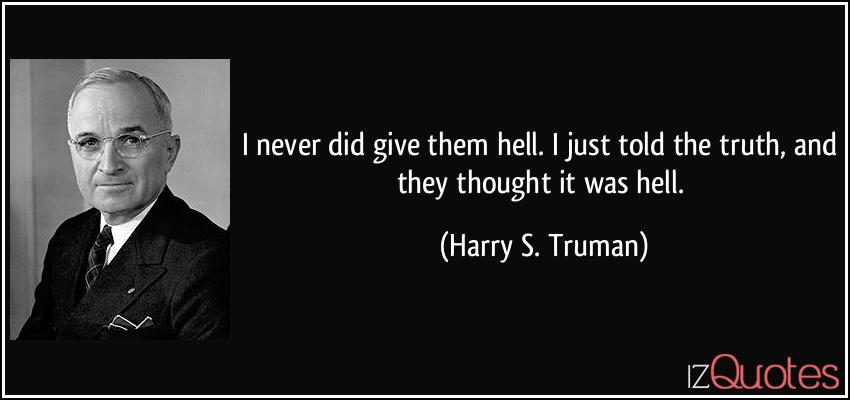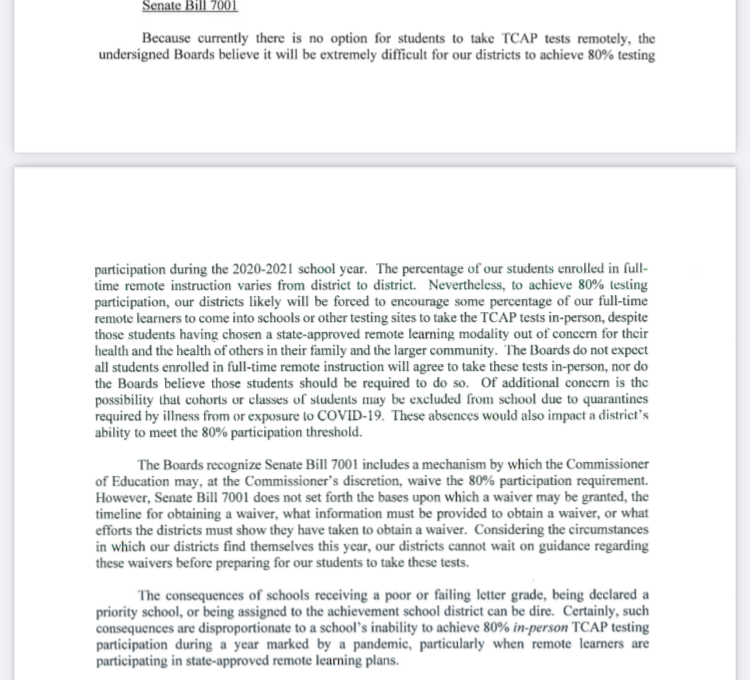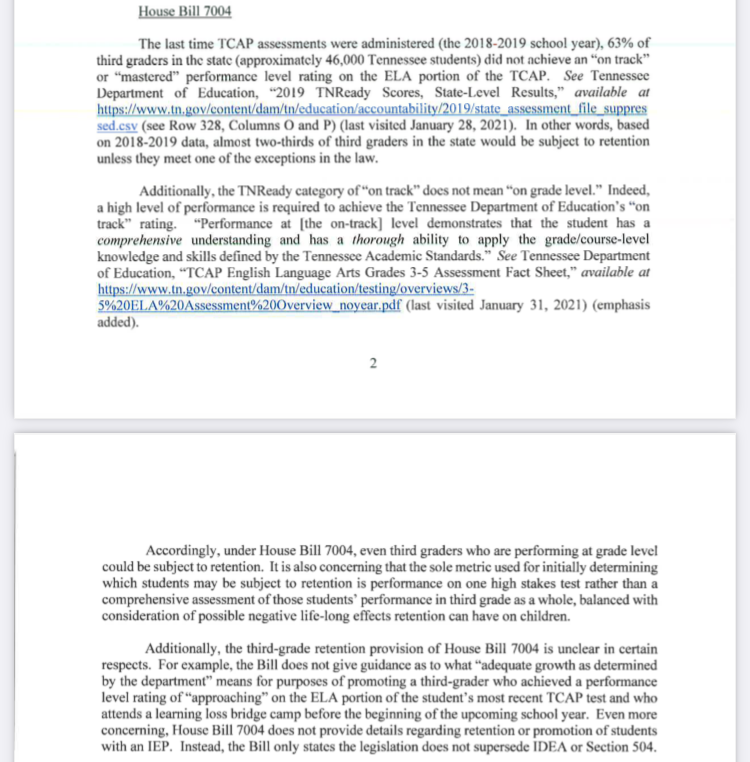April 24 at 11:30 AM (CT) The Educators’ Cooperative (EdCo) will host a virtual conversation titled “Antiracist Teaching, Learning, and Leading from the Classroom: Addressing the legacies of segregation and white supremacy in our schools, and adjusting our lenses with Critical Race Theory in education.” The teachers of EdCo are dedicated to facilitating this essential antiracist work cross-sector, for the benefit of all students. Registration for the event, which is offered to educators at no cost, is now open at educatorscooperative.org. Non-educators may purchase a ticket for $75.
The event will feature three expert panelists:
Dr. Gloria Ladson Billings is a Teacher, Author, Professor, and Researcher whose work is fundamental in the application of Critical Race Theory in education; she coined the terminology “Culturally Relevant Pedagogy.” Her books include The Dreamkeepers: Successful Teachers of African American Children and Crossing Over to Canaan: The Journey of New Teachers in Diverse Classrooms.
Dr. Roni Ellington, Assistant Professor in Mathematics Education at Morgan State University, founded the Transforming STEM Network to promote diversity and inclusion in STEM education. She is the principal investigator on a National Science Foundation grant focused on incorporating culturally responsive teaching into university mathematics classrooms.
Ashford Hughes is the Executive Officer for Diversity, Equity & Inclusion for Metro Nashville Public Schools, where he designs and implements initiatives that address academic and social-emotional learning needs of the district’s diverse populations. He is Co-chairman of the Nashville My Brother’s Keeper Network – a coalition that works to improve life outcomes for boys and young men of color through internal agency policy review, education, and employment opportunities.
EdCo Executive Director Greg O’Loughlin is “excited about this unique opportunity for teachers to learn together from a leading scholar in the field and the researchers and community leaders who do the work every day.” The no-cost tickets for educators are provided through the generosity of The Community Foundation of Middle Tennessee.









